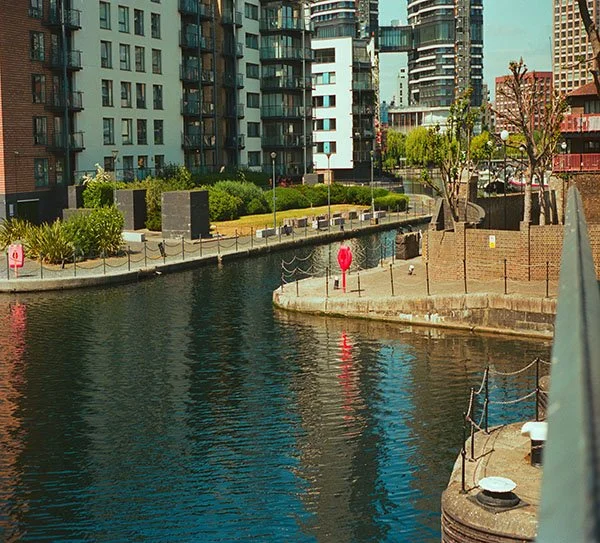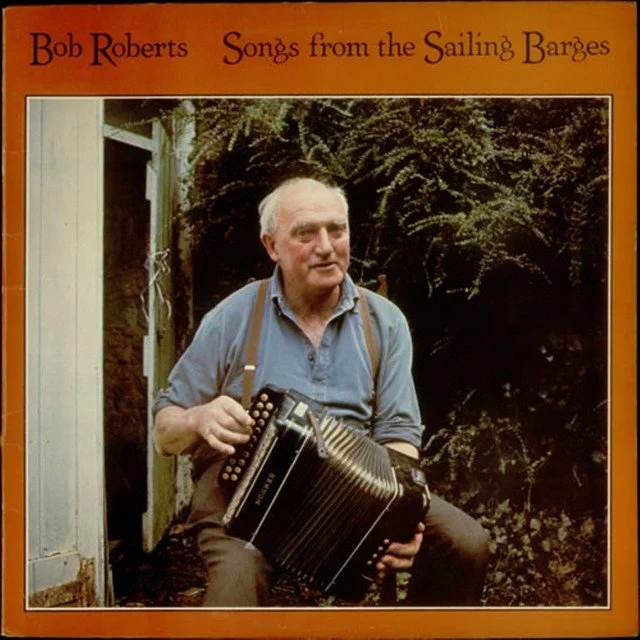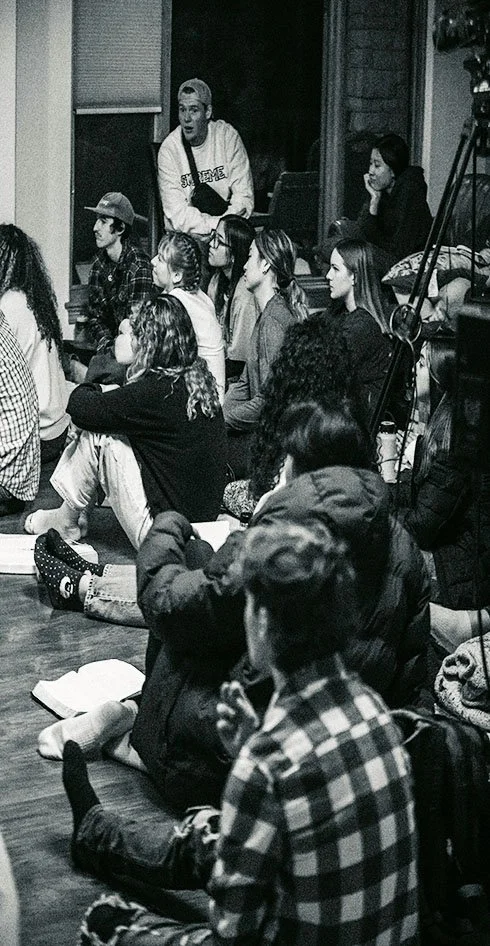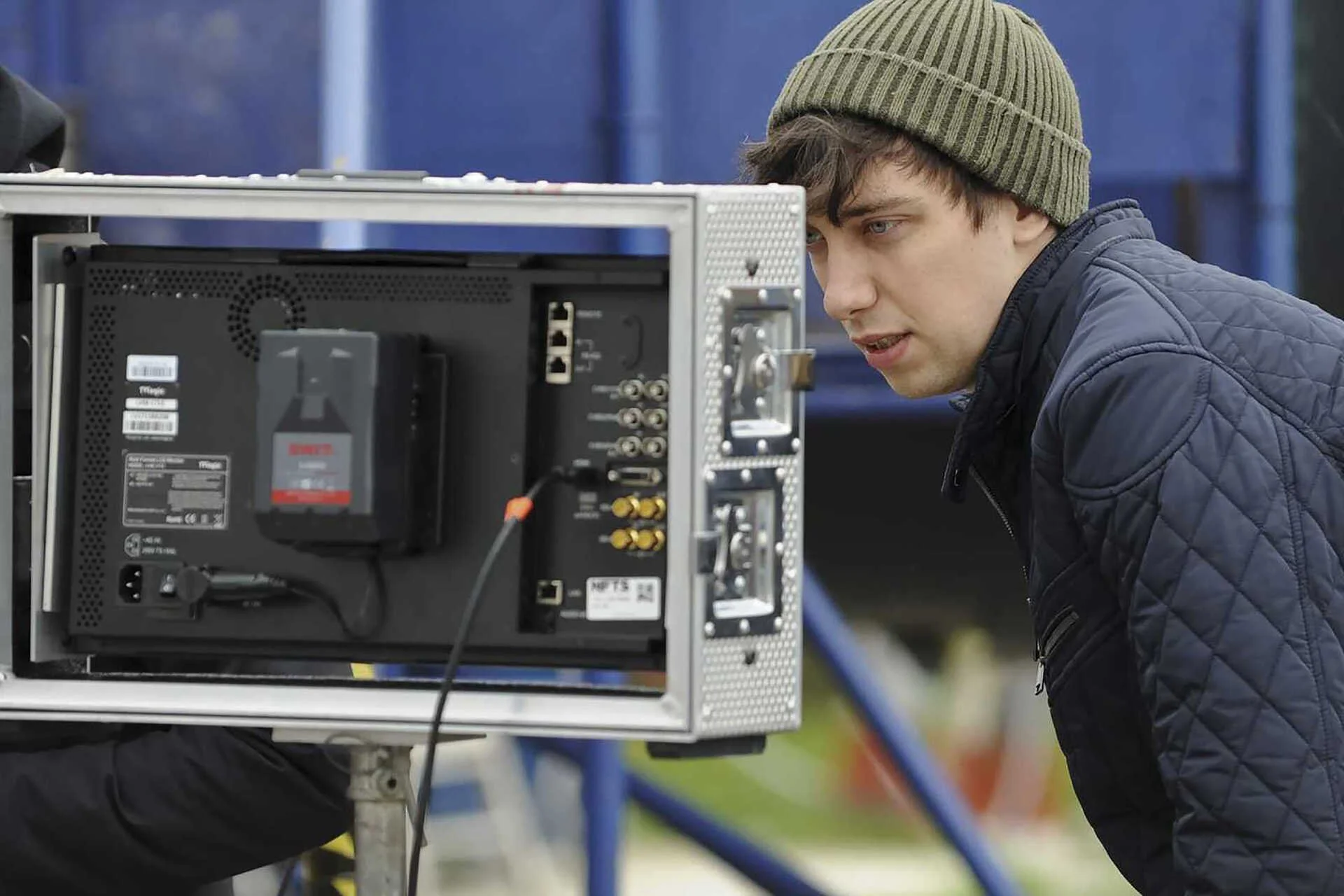Ebb and Flood
'Ebb and Flood' is an original play featuring traditional music and a series of community-devised short film installations exploring issues of migration, loss, land and water pollution and social and environmental change. The play itself is set in the 1980s somewhere amidst the Essex estuarine marshes and tells the story of an ageing bargeman, mourning the loss of his wife, living alone aboard his barge as development and change encroach on his surroundings. He is plagued by The Trickster, a character who takes many guises (from property developer to to Anglo Saxon Prince to archaeologist) and his social worker, a young mixed race woman originally from South London, who is trying to persuade him to move into sheltered accommodation. The bargeman's work included transporting rubbish and waste down river from London to dump it in the local area (the derivation of the name 'Mucking'). This past holds a guilty secret.
Beneath the land lies an ancient Saxon burial ground, bursting with riches. But it is also a pit of dangerous waste and toxins. Will these riches be his saviour, or will the toxic waste lead to his damnation?
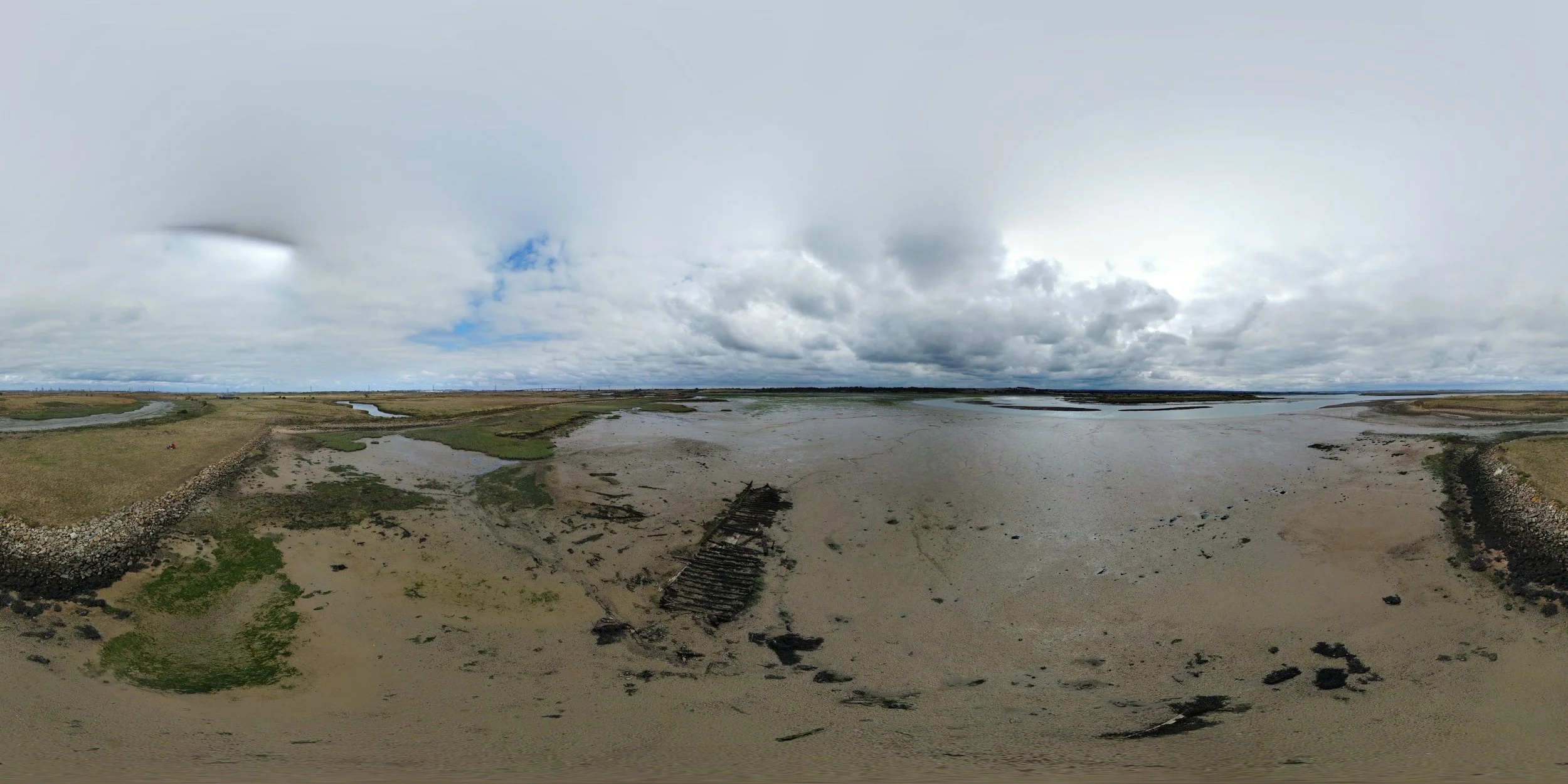
Ebb and Flood: the project
The project as a whole involves a tour of the piece aboard the Thames Barge Edith May with wrap-around community engagement, incorporating films and music with the live performances. The piece is performed in-promenade on deck, below, and in and around the moorings as appropriate and possible (depending on the site). The film installations, screened as part of the performance, as well as the music, are devised and curated by local community groups including charities, volunteering groups, arts organisations and local schools through a series of facilitated workshops, which focus on the piece's themes of migration, heritage and change.
Creative heritage and place-making
From the material generated in the workshops, we assist the groups and school pupils in creating their own films and music, specific to the location and community we are working in, which explore and mediate these issues in a number of ways: through fiction, documentary, sound art - however the particular group wishes to proceed. The contributions of the school pupils are curated by their teachers/TAs and contribute to national curriculum outcomes at Key Stage 2.
The film installations and music become a crucial element of each performance of the play and are available later via our dedicated project website, creating a lasting legacy. The project also interfaces with an existing Arts Council England-funded performance and digital storytelling project on the creative heritage of the Thames Barges. The project is being developed in partnership with the University of Kent’s Institute for Creative and Cultural Industries and the Centre for Creative and Practice Research.

